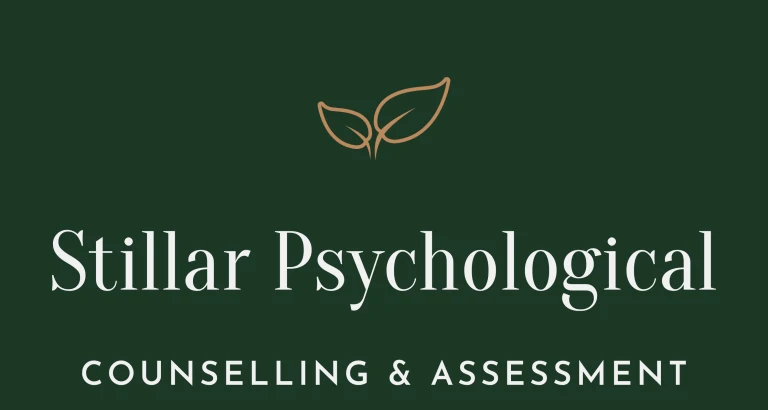We are over a year into a pandemic, and many of us are still struggling with the changes in our lives. All of these changes and the stress we may be encountering can leave us feeling exhausted. There are many things that may be contributing to our levels of stress, but one thing is for sure, many of us who are experiencing stress also experience sleeplessness, which then increases stress. It is a vicious cycle. Often, our brain does it’s best worrying at night, when things are nice and quiet and we’re getting ready to sleep. This worry can lead to extended periods of time of laying in bed thinking about “what if.” While we can all manage this for a day or two, it is not desirable, and can feel unmanageable if it occurs too often.
We know that good sleep is important. Lack of sleep is linked to health concerns such as diabetes, heart disease, dementia, and obesity. In the last 100 years, the average amount of sleep has decreased from 9 hours to 6.5 hours per night, but our body’s have not changed to accommodate for this. So, how to we ensure we get a good sleep?
The first thing to consider, is how much sleep you need in order to feel restored. This is not the amount of sleep you can “get by” on, but how much sleep allows you to feel really good. You can use this number to adjust for your bedtime routine ensure there sufficient hours of sleep.
Next, consider some of these sleep hygiene behaviours that can be adopted to support good sleep.
The basics. These are the first steps that should be taken to help with sleep.
-Avoid caffeine, alcohol, and nicotine near bed time. Caffeine can actually stay in your system for up to12 hours! Caffeine blocks adenosine, which is produced throughout the day in our body. It is the build up of adenosine that makes us feel sleepy at night.
-Do not eat close to bed time as this raises metabolism and body temperature. Good sleep requires a lower body temperature.
-Avoid heavy exercise right before bed. Optimal work outs occur 3-6 hours before bed, allowing your body time to cool down and for your muscles to relax. Light exercise near bed time can be ok.
Establish a bed time routine. Do things the same way, at the same time every night, training your body that these are your signals for sleep. For example, at 9pm, have a warm bath, then read a book or write in a journal, and listen to a gentle breathing audio.
Beds are only for sleep and intimacy. If you like to watch tv before bed, do so in a different room. Try and avoid electronic devices in bed as well. The light they give off triggers “wake” in our brain, making it more difficult to sleep and sometimes making us more alert. If you use your bed only for sleeping, your body will learn to associate bed with sleep, and you will feel tired when you lie down.
Avoid naps. Napping reduces our bodies fatigue at nighttime. Further, if napping on a couch or chair, our body does not associate our bed with sleep time.
Breathe. Once in bed, you can calm your mind by engaging in progressive muscle relaxation (PMR) or diaphragmatic breathing. For PMR, move from your toes to your head, slowly tightening and then releasing muscles, noticing how good it feels when your muscles are relaxed. You can also find apps and audios to listen. If using in bed, remember not to be looking at your phone or to start scrolling through other apps.
20 Minutes– if you cannot fall asleep after 20 minutes, get out of bed. Engage in non-strenuous activity like, breathing meditations, journaling, or gentle stretching. Writing out your worries, or the tasks for the following day can also help to calm your mind. Getting out of your bed allows your bed to again be associate with sleep, rather than the worrying about sleep.
Create serenity. Create a bedroom that is conducive to a good sleep. Dark places and calm colours are best. Ensure your bed is comfortable and a place that you want to be. Further, you can incorporate sound, such as white noise, if this helps to block out other noises that are disruptive.
Establish a regular wake-up time. Research has found that it is a set WAKE time that best increases sleep. Cortisol in our body is what wakes us up. To feel more alert, spend time looking outside, or being outside. The sun helps kick our “wake system” into gear. Regardless of how much (or little) sleep you have, try to get up at the same time. If you only have a few hours of sleep, you will be more tired in the evening.
Written by, Petra Wood, a Registered Psychologist






















